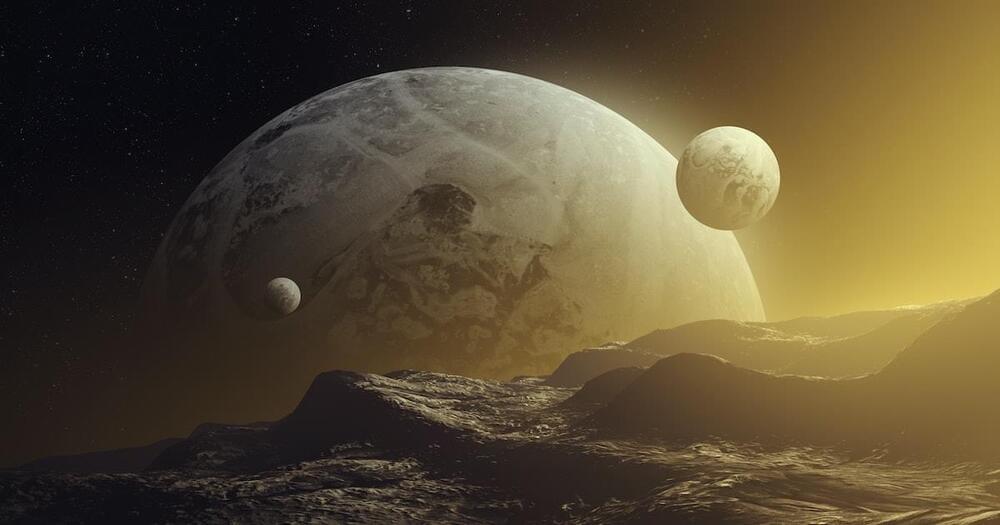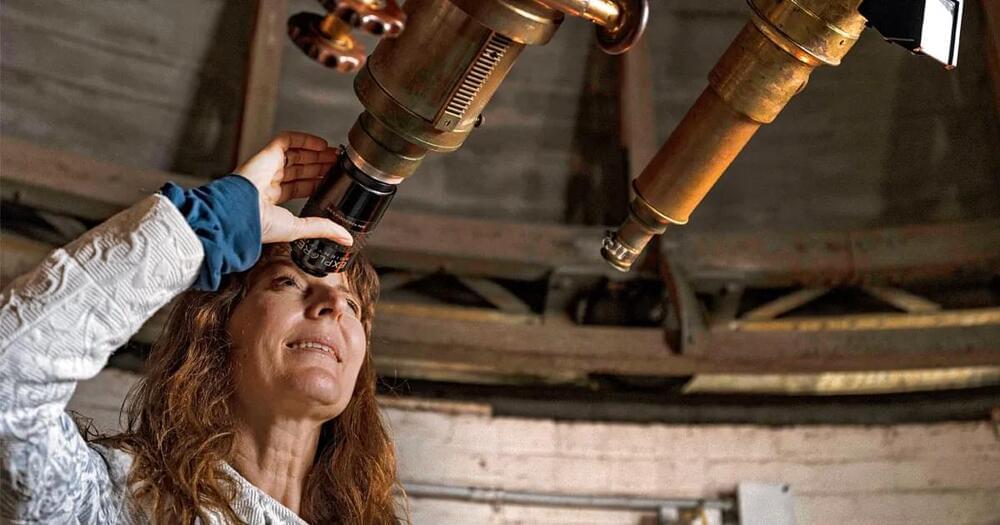Get a free month of Curiosity Stream: https://curiositystream.com/isaacarthur.
Our future in the galaxy is typically envisioned as tied to the stars, be it on planets orbiting them or vast megastructures fueled by the alien suns, and yet the true future of humanity might be to dwell in the vast gulfs between the stars or even in a galaxy in which those stars have ceased to exist.
Visit our Website: http://www.isaacarthur.net.
Support us on Patreon: https://www.patreon.com/IsaacArthur.
Facebook Group: https://www.facebook.com/groups/1583992725237264/
Reddit: https://www.reddit.com/r/IsaacArthur/
Twitter: https://twitter.com/Isaac_A_Arthur on Twitter and RT our future content.
SFIA Discord Server: https://discord.gg/53GAShE
Listen or Download the audio of this episode from Soundcloud: Episode’s Audio-only version: https://soundcloud.com/isaac-arthur-148927746/exo-stellar-civilizations.
Episode’s Narration-only version: https://soundcloud.com/isaac-arthur-148927746/exo-stellar-ci…ation-only.
Credits:
Exo-Stellar Civilizations.
Science & Futurism with Isaac Arthur.
Episode 281a, March 14, 2021
Written, Produced & Narrated by Isaac Arthur.
Editors:
Jason Burbank.
Jerry Guern.
Keith Blockus.
S. Kopperud.
Cover Art:


